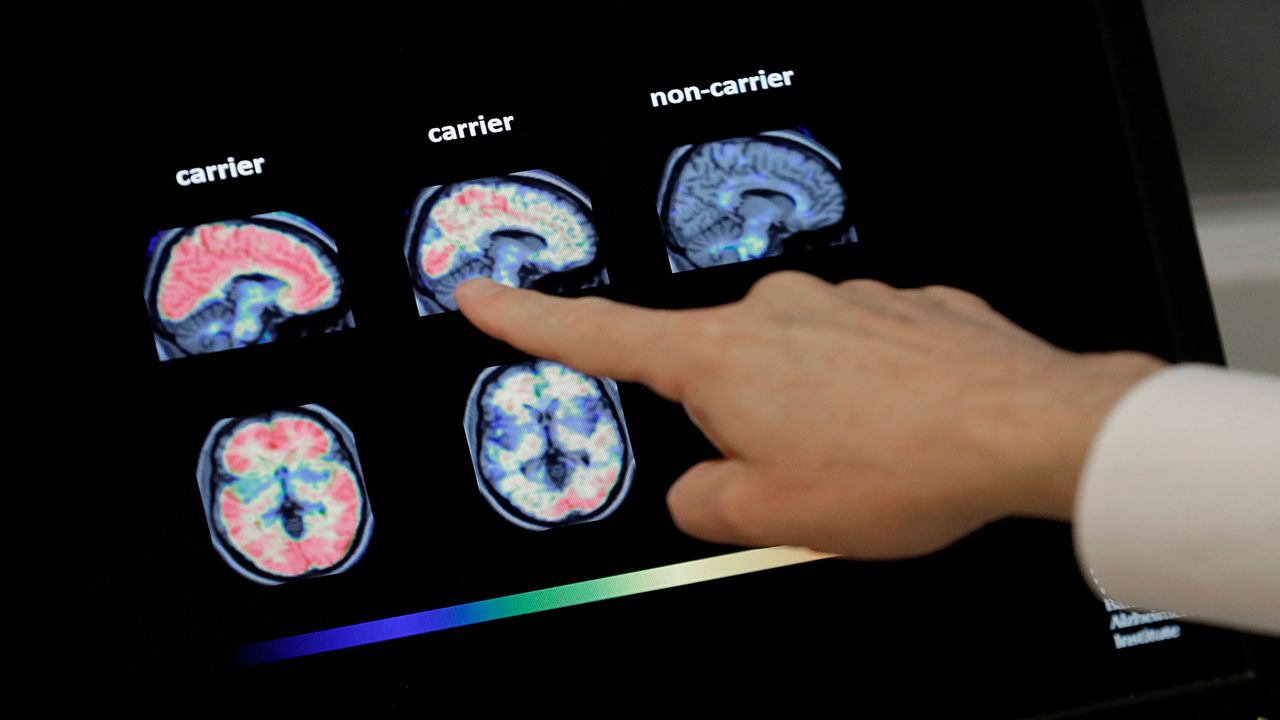CLEVELAND — The Cleveland Clinic has received a $26 million grant from the National Institute on Aging to develop tools for early detection of cognitive decline.
Researchers will create a screening tool along with a risk calculator that will identify patients who may be at high risk for memory loss, dementia, Alzheimer's and more.
“Clinicians are facing an aging population, and with that comes an increased incidence of dementia,” said Cleveland Clinic neuropsychologist Darlene Floden, who led the multidisciplinary effort to obtain the grant. “There is a significant unmet need for a feasible way to efficiently screen this population on a large scale.”
There are current tests in place to detect signs of dementia, like the Montreal Cognitive Assessment (MoCA) and Mini-Cog, but there are obstacles that take up more time than researchers prefer. The Cleveland Clinic also referred to studies where user error is apparent in traditional paper-pencil tests in previous studies.
The project will take place with two steps. The first step is for researchers to develop and validate a low-cost risk calculator. This will estimate an individual's likelihood to experience cognitive declines within a five-year period. It will depend on health status indicators, demographics and socioeconomic status to determine a projection of decline.
During the project, researchers will also test a new tool called the Brief Assessment of Cognitive Health (BACH). Instead of a paper-pencil test, this test has auditory instructions and can be completed within 15 minutes. It has a complex memory test, a depression screening and a medical history form. This test will also be able to determine possible causes of cognitive decline, such as lack of sleep, stress and depression. With the reversible causes identified, doctors can then administer the proper treatment, halting the process of decline.
BACH, which was developed by developed by Floden and Robyn Busch, will not just be tested in the doctor's office, but also online. They hope to soon roll out web-friendly version for people to complete at home. Findings will be released over the course of the trial, and if they are found to be significant and helpful, they hope to implement the tools in hospitals in the near future.



